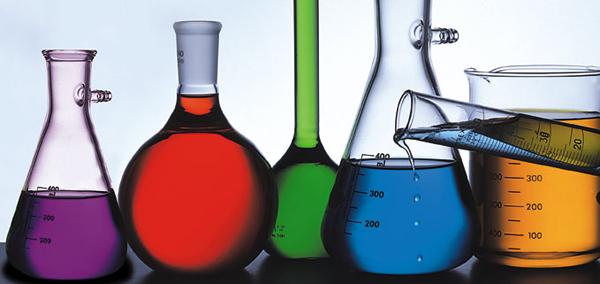Academic freedom undermined
Poll: how the USA is affecting Dutch science

Donald Trump has been undermining academic freedom in several ways since returning to office. There is even a list of banned words, such as 'diversity' and 'gender', which scientists are no longer allowed to use if they want to be eligible for government funding.
This new course of action is also being felt in the Netherlands, according to a survey of more than 200 scientists from 12 different universities. HOP, NU.nl, Investico, and De Groene Amsterdammer spoke to more than 40 of them to hear about their experiences in more detail.
Thirty percent of respondents said they are noticing the shockwaves here. Collaborations with American scientists are being halted, and conferences are being cancelled, while some scientists are seeing research funding disappear.
Seventeen scientists say that certain ‘datasets and/or software’ are no longer available since the American government started interfering in scientific institutes. As an example, they mention two major programmes in the field of climate and health sciences.
DHS, an institute that had been collecting international health data for decades, is ‘currently paused’, while several climate datasets from the National Oceanic and Atmospheric Administration (NOAA) are being taken out of use.
Dutch universities have not issued a joint response to these developments yet. Some are organising a meeting about it, like Leiden University, while others are setting up a support centre, like Rotterdam and Groningen. But most are referring scientists to their managers, existing helpdesks and a few general recommendations on their websites.
The question is whether the situation in the United States will spread to the Netherlands. The survey asked the respondents whether they had the impression that the academic climate is also changing here in the Netherlands, apart from the budget cuts. Most respondents don't think it is happening (at least ‘not yet’, as one of them said), but the number of researchers who do have that impression is not negligible: 76 of the 210 respondents have said so.
The Royal Netherlands Academy of Arts and Sciences (KNAW) will organise an event to discuss this topic on Tuesday, May 21, at De Balie, in Amsterdam. The event will also include a presentation of this study. De Groene Amsterdammer and NU.nl have also written articles based on the study. Click here to read HOP's long-form article.